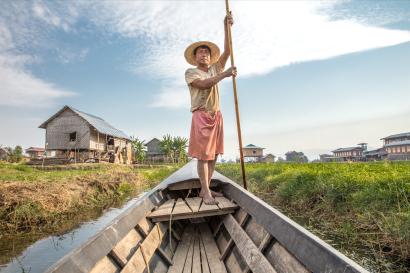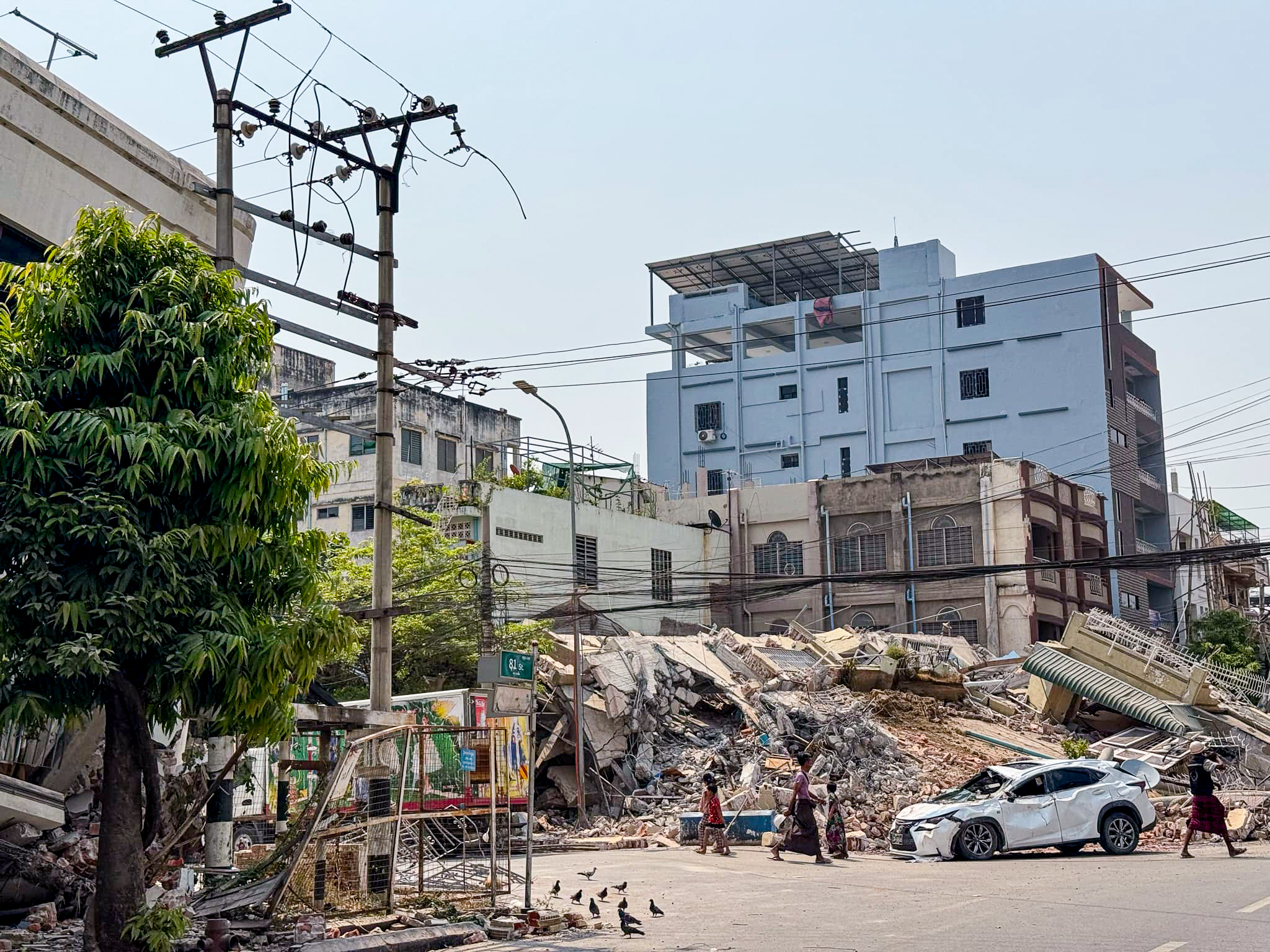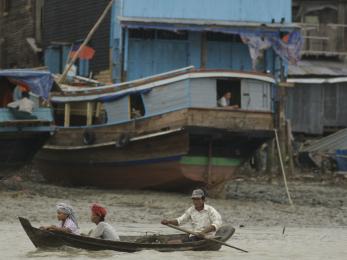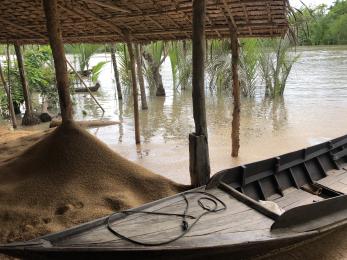Breadcrumb
Myanmar

Mercy Corps has been working in Myanmar since 2008, helping to build productive and resilient communities. In 2024, our work reached 195,000 people across the country.
The context
For decades, the people of Myanmar have endured conflict, political instability, and devastating natural disasters—including the deadly magnitude 7.7 earthquake that struck Mandalay in March 2025. A state of emergency was declared in several regions of Myanmar. Basic services—like power, water, communications—were destroyed.
At least 5 million people have been severely affected, many of whom live in areas that are difficult to reach, and more than 200,000 people were displaced due to the earthquake. Over 65,000 structures were destroyed, including homes, schools, health infrastructure, bridges and roads, and cultural and religious sites.
Even before this disaster, 20 million people in Myanmar were in dire need of humanitarian aid. The earthquake hit an area already suffering from years of conflict, economic hardship, and climate-related challenges. Almost four million people had been internally displaced due to ongoing conflict—and now they must also contend with recovery in the wake of the earthquake.
Recent changes in government, inflation, unemployment have caused increased economic insecurity. More than 15.2 million people—about one-third of the population—are experiencing acute food insecurity, exacerbated by weakened food production due to unaffordable agricultural supplies and high energy prices—in addition to struggling with conflict and extreme weather.
Our impact
Since 2008, Mercy Corps has partnered with communities to rebuild after disaster to support stability and economic growth. Our programs make an impact across these areas:
Increasing food security in remote regions
Through collaborations with an established network of local partners, Mercy Corps is reaching areas that are difficult to reach to support increasing food security. In the Ayeyarwady Delta, we are working with farming communities who are dependent on mangroves to adopt sustainable climate-smart agricultural practices, access markets, and adapt to extreme weather events. This region is critical to Myanmar’s food security, contributing significantly to rice and fish supply.
In northwestern Myanmar, with a large population of people who have been internally-displaced, Mercy Corps is delivering cash aid so households can buy the foods and supplies to meet their urgent needs. We partner with community organizations to monitor local markets for sufficient stock to be purchased at standard prices.
Promoting livelihood opportunities through sustainable practices
We help farmers and small business owners increase their productivity and incomes by accessing new technologies, adopting more sustainable agricultural practices, and accessing alternative forms of financing. In the agricultural sector, farmers and producers who cultivate animal feed have experienced growth in recent years. Mercy Corps is partnering with organizations in Myanmar to help feed producers to reduce costs by becoming more efficient, reduce waste, and sourcing locally for ingredients.
Strengthening resilience in the face of natural disasters
Mercy Corps is partnering with communities and local leaders to better prepare for, cope with extreme weather events. By using technology that models and predicts disasters like cyclone and flood events, communities are able to receive reliable early warnings. Following the urgent warnings, communities receive supplies, cash aid, and support to relocate.
We also help communities adopt the use of new, more sustainable practices, and better preparedness and response capabilities so they can recover quicker after climate-related events. We work with companies to increase access to products that have less impact on the environment like low-carbon cookstoves and products that reduce climate-related risks like crop insurance. At the same time, we help individuals adopt these practices and technologies, ultimately enhancing resilience to future crises.


